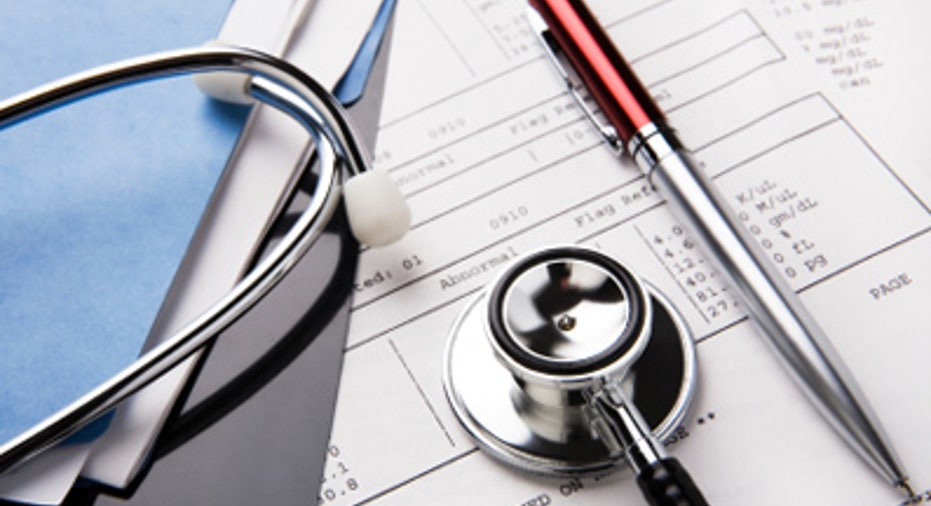Use Roth IRA for Medical Bills to Avoid Tax Hit?

Dear Retirement Adviser,
I have a Roth individual retirement account I opened in 2006. Since then, I was in a bad car accident and unable to work for five months. As a result of lost income, my medical bills are piling up. I've been thinking about taking some money out of my individual retirement account to pay medical premiums and these bills. I understand I can pull from my contributions without an early withdrawal penalty, tax-free. May I take from my earnings without an early withdrawal penalty for such a purpose? I understand that I would need to pay taxes on any withdrawal from the earnings, but is it true that I can choose to avoid having that withheld when I pull the money out?
Thanks,
- Sherri Savings
Dear Sherri,
I'm sorry to hear of your troubles. As you know, the money you contributed to the Roth individual retirement account was made with after-tax dollars, so the contributions aren't taxed a second time when distributed. When you take your investment earnings from the account on an unqualified distribution, the investment earnings are taxable and may also be subject to a 10 percent penalty tax.
In your situation, there are two potential exceptions to the 10 percent penalty tax. The first is for paying medical insurance premiums for yourself, your spouse and your dependents during a period of unemployment. As spelled out in Internal Revenue Service Publication 590, titled "Individual Retirement Arrangements," this exception requires that you meet each of the following four conditions: You lost your job; you received unemployment compensation paid under any federal or state law for 12 consecutive weeks because you lost your job; you received the distributions during either the year you got unemployment compensation or the following year; and you received the distributions no later than 60 days after being reemployed.
The second exception is if your unreimbursed medical expenses are more than 7.5 percent of your adjusted gross income, then you won't owe the penalty tax on the difference between the amount you paid and the 7.5 percent. Money you take out to pay household bills doesn't qualify for these exceptions. This only allows you to take into account unreimbursed medical expenses that you would have been able to include in a deduction for medical expenses on Schedule A of Form 1040. You do not have to itemize your deductions to take advantage of the exception to the 10 percent penalty tax.
The taxable portion of your Roth individual retirement account distribution is subject to mandatory federal income tax withholding. You may be eligible to elect to avoid having federal income tax withheld. Whether state income tax withholding is mandatory varies by state law. The account's custodian can explain this further to you. You might also want to talk with an accountant.
Get more news, money-saving tips and expert advice by signing up for a free Bankrate newsletter.
Ask the adviser
To ask a question of Dr. Don, go to the "Ask the Experts" page and select one of these topics: "Financing a home," "Saving and Investing" or "Money." Read more Dr. Don columns for additional personal finance advice.
Bankrate's content, including the guidance of its advice-and-expert columns and this website, is intended only to assist you with financial decisions. The content is broad in scope and does not consider your personal financial situation. Bankrate recommends that you seek the advice of advisers who are fully aware of your individual circumstances before making any final decisions or implementing any financial strategy. Please remember that your use of this website is governed by Bankrate's Terms of Use.
Copyright 2013, Bankrate Inc.



















